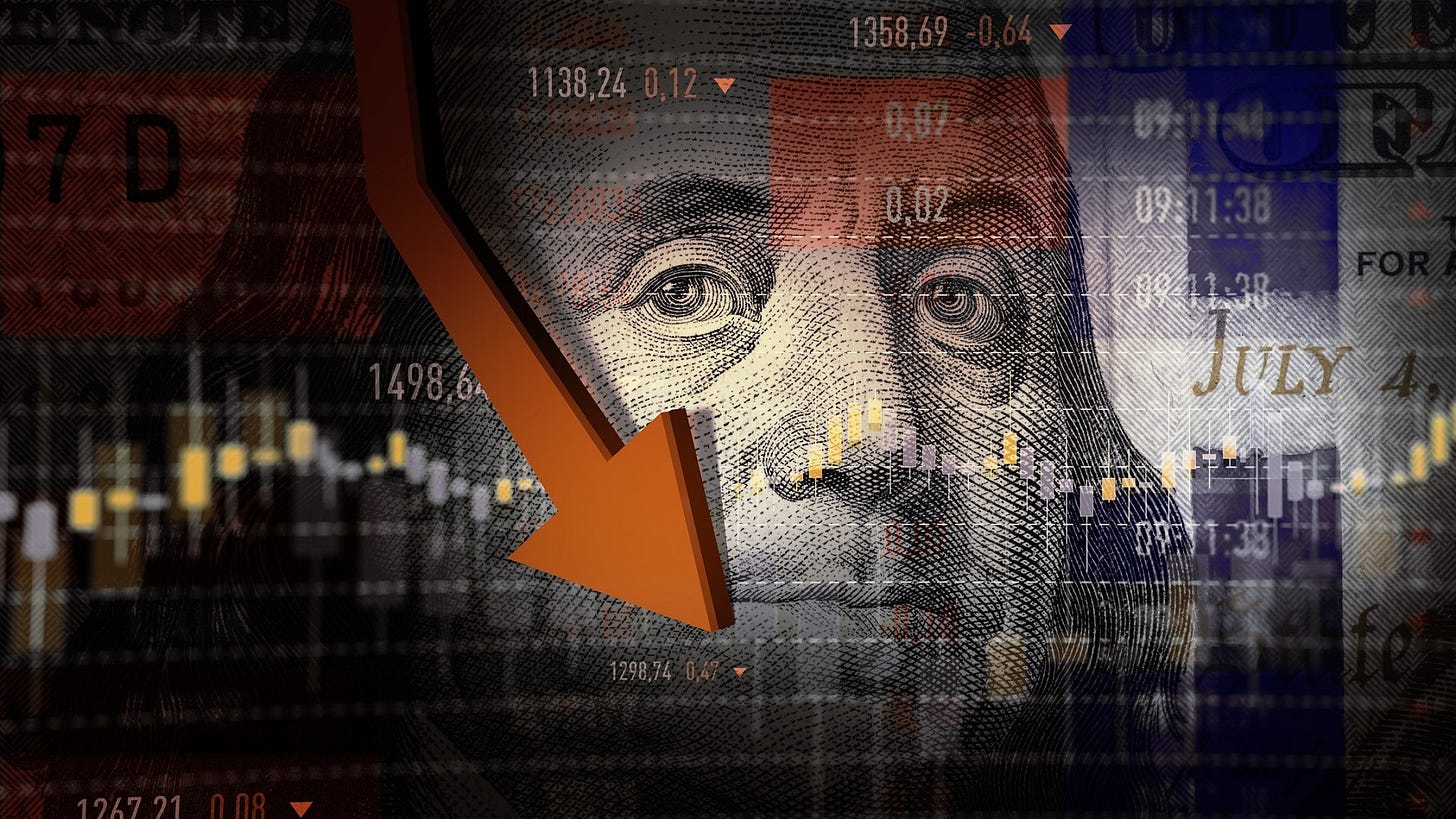Inflation Persists, but the Economy Is Resilient – Investors Face Total Uncertainty.
This explains why you can read such different opinions for the coming months.
When you ask economists what risks they anticipate for the coming months, you will see that two topics stand out most frequently: recession and inflation. While we are not seeing a sharp deceleration in the economy, the second of these issues seems to us to be very sensitive today.
In addition to commodity inflation, which is largely correlated to develo…
Keep reading with a 7-day free trial
Subscribe to Sylvain Saurel’s Newsletter to keep reading this post and get 7 days of free access to the full post archives.




